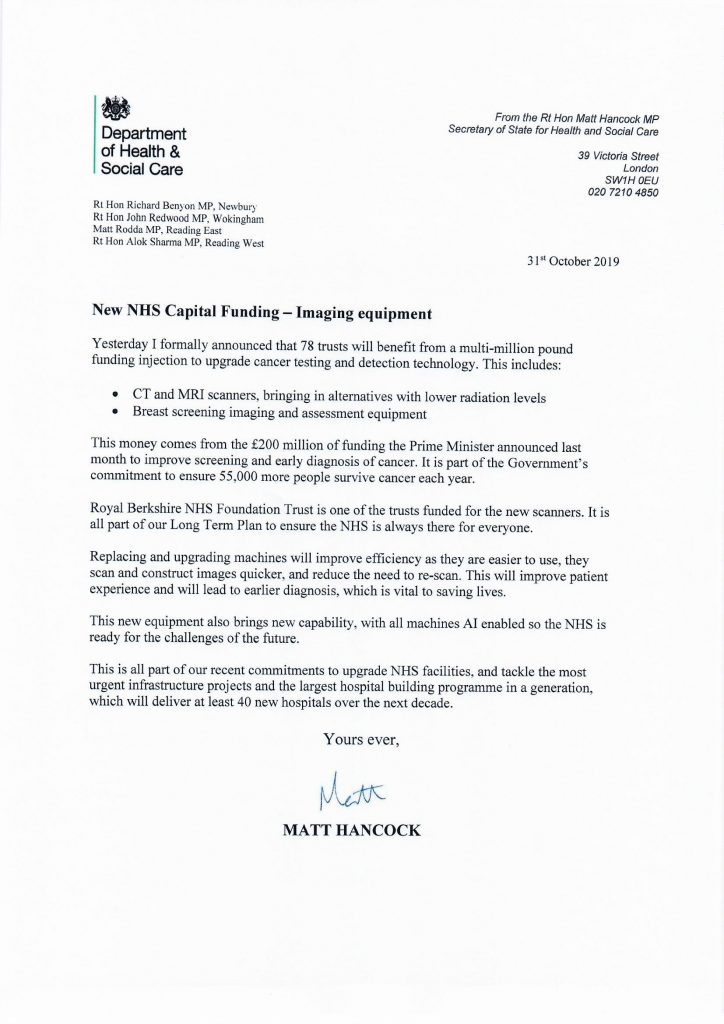The UK has a written constitution. It is recorded in a range of documents including various Acts of Parliament, the Standing Orders of Parliament and the law. It is more flexible than countries that have a single written constitutional document that usually is difficult to amend or change. The supremacy of Parliament is such that sometimes a simple alteration of the Standing Orders of the Commons can effect changes that would otherwise take a long time.
The Parliament which dissolves at midnight has discovered imperfections in our current constitution, and has flexed it in ways that many think unreasonable. The next Parliament, assuming it has a majority government, would be wise to look at how the constitution could be improved in the light of the tribulations of the outgoing one.
The first recommendation I have is the repeal of the Fixed Term Parliaments Act. This has given us 3 elections in four years when there is meant to be a five year gap, but it has also held a minority government hostage and got in the way of allowing a PM defeated in the Commons taking his case to the country. The previous system gave scope for the government to call for an early election if need arose. If a PM tried to do this for party advantage with no other good reason there was always the danger of a public backlash against a needless election.
The second is to legislate to place some limits on the capacity of the Supreme Court to intervene in Parliamentary matters. The advice a PM gives to the Queen, and the decision to prorogue should be matters for Parliament, not for the law courts. It makes little sense for Parliament as the ultimate embodiment of the people’s sovereignty to need to ask the courts permission over when it sits or how it transacts its business. That was the view of the English senior judges when the case came before them.
The third is to clarify in Standing Orders that major legislation requires a Money resolution and Queens consent where government prerogative is involved ( as with international negotiations and Treaties). Government needs to ensure legislation fits with its budget and foreign policy. Opposition is there to oppose and amend, not to run an alternative government.
